Peak
Secrets from the New Science of Expertise
What is Peak about?
Peak by Anders Ericsson is a book that explores the concept of deliberate practice and how it can help individuals reach their full potential. The author, a renowned psychologist, delves into the science behind extraordinary performance and provides practical strategies for improving skills and achieving mastery in any field. Through fascinating real-life examples and research-backed insights, Ericsson challenges the notion of innate talent and emphasizes the power of focused, deliberate practice. This book is a must-read for anyone seeking to enhance their learning abilities and unlock their hidden potential.
About the Author
Anders Ericsson was a Swedish psychologist known for his research on expertise and deliberate practice. He believed that excellence is not solely determined by innate talent but can be developed through focused, purposeful practice. Ericsson's pioneering work on the concept of deliberate practice has had a significant impact on fields such as sports, music, and education. He published numerous articles and co-authored the book "Peak: Secrets from the New Science of Expertise." Ericsson's research has challenged the notion of natural ability and emphasized the importance of deliberate and structured practice in achieving mastery.
8 Key Ideas of Peak
- The Power of Purposeful Practice
- Harnessing Adaptability
- Mental Representations
- The Gold Standard
- Principles of Deliberate Practice on the Job
- Principles of Deliberate Practice in Everyday Life
- The Road to Extraordinary
- But What About Natural Talent?
Purposeful practice is a concept that has gained significant traction in the realm of skill acquisition and performance enhancement. It represents a strategic approach to learning, where individuals engage in structured activities with the explicit intention of improving their abilities. This method stands in contrast to aimless or "naive" practice, which lacks clear objectives and often leads to stagnation rather than progress.
The Science Behind Skill Acquisition
The human brain's capacity for change, known as neuroplasticity, underpins our ability to develop new skills through practice. However, not all forms of practice harness this potential equally. Research into cognitive psychology and expertise development has shown that how we practice can dramatically affect the efficiency and effectiveness of our learning processes.
Short-Term vs Long-Term Memory: Understanding the distinction between short-term memory (with its limited capacity) and long-term memory (which is far more expansive) is crucial when designing training regimens aimed at skill mastery.
Evolution from Naive to Deliberate Practice
While purposeful practice marks a significant improvement over naive methods by incorporating specific goals and feedback mechanisms, it may still fall short without additional refinements. Deliberate practice evolves this concept further by integrating sophisticated mental models that enable learners to bypass inherent limitations such as those imposed by short-term memory constraints.
Enhancing Performance Through Structured Training
To truly excel in any field requires moving beyond mere repetition or casual engagement with an activity; it necessitates adopting a systematic approach characterized by several key elements:
- Goal Specificity: Clear-cut targets provide direction and allow for measurable progress.
- Incremental Progression: Breaking down complex tasks into manageable units facilitates step-by-step advancement.
- Concentration & Focus: Intense focus during each session ensures maximum neural adaptation.
- Feedback Loops: Constructive feedback informs adjustments needed for continual improvement.
- Comfort Zone Expansion: Regularly pushing boundaries encourages adaptability and growth.
These components form the backbone of effective training strategies across disciplines—from sports coaching to music education—and are essential for transforming average performers into experts.
Tactics
In practical terms, implementing these principles involves concrete actions:
Set Specific Goals
Goals should be precise enough so you know exactly what you're aiming for—whether it's mastering a particular piece on the piano or achieving a certain time in swimming laps.
Break Down Goals Into Smaller Steps
Large aspirations become less daunting when divided into smaller tasks. Each small victory builds momentum towards your ultimate goal.
Maintain Focus During Training Sessions
Distractions dilute effort; maintaining laser-like focus consolidates energy towards making meaningful improvements during each session.
Seek Regular Feedback For Improvement
Objective assessment from knowledgeable observers helps identify weaknesses that might otherwise go unnoticed by oneself alone.
Push Beyond Comfort Zone With New Approaches:
Growth occurs at the edge of our capabilities; trying novel techniques forces us out of complacency into realms where true learning happens.
By embracing these tactics within purposeful—and ultimately deliberate—practice frameworks, individuals can significantly enhance their proficiency levels across various domains. Whether one seeks mastery in athletics, arts, academics or any other area requiring skill refinement, understanding these fundamental concepts paves the way toward achieving exceptional performance standards.
Key Examples/Data
- Steve's Memory Training: Steve, an undergraduate at Carnegie Mellon University, was hired to work on a task of memorizing strings of numbers. After four hour-long sessions, he could reliably recall seven-digit strings, usually got the eight-digit strings right, but struggled with nine digits. His frustrating experience led him to believe he wouldn't improve further. However, he was unaware of the potential for improvement, as decades of research had shown strict limits to short-term memory. The study was inspired by a 1929 paper reporting undergraduates improving their digit memory with practice.
- Steve's Breakthrough: In the fifth session, Steve unexpectedly broke through his memory limit. He successfully remembered a ten-digit string, surpassing his previous record. This marked the beginning of a surprising two-year journey, during which he steadily improved his ability to remember strings of digits, eventually reaching an astonishing eighty-two digits.
- Historical Performance Improvements: The chapter highlights the remarkable improvements in various fields over time. For instance, the world record for a marathon has improved by nearly 30% in just over a century, and the number of digits of pi memorized has increased from 511 in 1973 to 70,000 in 2015. These examples illustrate the extraordinary abilities achieved over time through dedicated practice and training.
- Ben Franklin's Chess Skills: Despite spending thousands of hours playing chess, Ben Franklin never became a great player. This serves as an example of how simply accumulating practice hours without purposeful practice and pushing beyond comfort zones can lead to stagnation rather than improvement.
- Rene's Experience: Rene, a graduate student, initially improved her digit-span memory to close to twenty digits, but eventually hit a wall and decided to drop out of the training sessions. Her experience highlighted the importance of developing mental structures and retrieval strategies, as seen in Steve's and Dario's successful approaches.
Quotes
- "The problem with short-term memory—and the problem that Steve was coming face-to-face with—is that the brain has strict limits on how many items it can hold in short-term memory at once."
- "The most effective and most powerful types of practice in any field work by harnessing the adaptability of the human body and brain to create, step by step, the ability to do things that were previously not possible."
- "Once you have reached this satisfactory skill level and automated your performance—your driving, your tennis playing, your baking of pies—you have stopped improving."
- "If you never push yourself beyond your comfort zone, you will never improve."
- "Trying hard isn’t enough. Pushing yourself to your limits isn’t enough. There are other, equally important aspects to practice and training that are often overlooked."
- "The most effective and most powerful types of practice in any field work by harnessing the adaptability of the human body and brain to create, step by step, the ability to do things that were previously not possible."
Peak Summary: Common Questions
Imagine diving headfirst into the intricacies of the human mind, only to discover that the path to expertise is less about inherent talent and more about deliberate practice. This is the thrilling exploration Anders Ericsson and Robert Pool undertake in 'Peak: Secrets from the New Science of Expertise'. A journey that untangles the myths surrounding 'natural talent' and champions the power of hard work and sustained effort.
The magic of this book rests on Ericsson's decades of research, translating intricate scientific findings into palatable anecdotes and insights. The authors make a compelling case for the transformative power of focused training, challenging the widely held belief that geniuses are simply born. If there's a minor quibble, it might be that some readers could find the repeated emphasis on practice slightly repetitive. However, the redundancy underscores the book's primary message: mastery is achievable for those willing to put in the effort.
In the vast landscape of self-improvement and cognitive science literature, 'Peak' shines brightly as a beacon of hope for all who have ever aspired to excel in their field. After venturing through its pages, I'm compelled to rate it a solid 4.7 out of 5. Not only does it illuminate the path to expertise, but it also kindles a fire within to relentlessly pursue it.
Experience Personalized Book Summaries, Today!
Discover a new way to gain knowledge, and save time.
Sign up for our 7-day trial now.
No Credit Card Needed

Similar Books

Thinking, Fast and Slow
Daniel Kahneman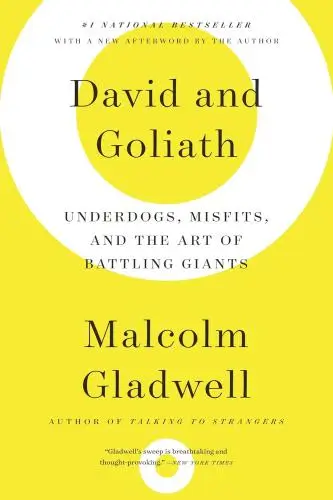
David and Goliath
Malcolm Gladwell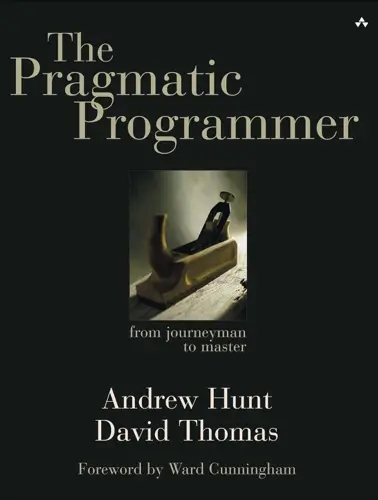
The Pragmatic Programmer
David Thomas
The Intelligent Investor
Benjamin Graham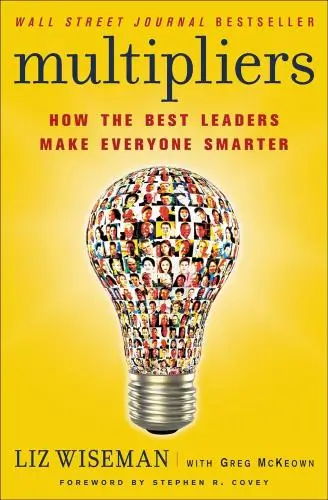
Multipliers
Liz Wiseman
Thinking in Systems
Donella H. Meadows
Range
David Epstein
Steal Like an Artist
Austin Kleon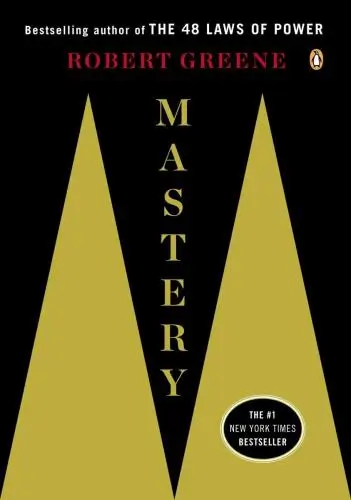
Mastery
Robert Greene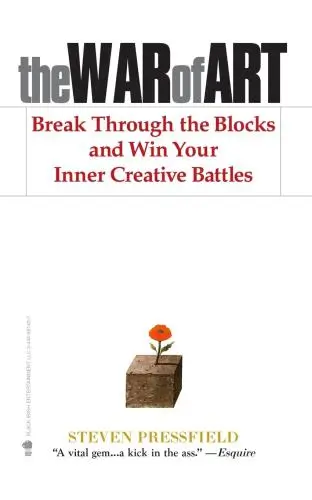
The War of Art
Steven Pressfield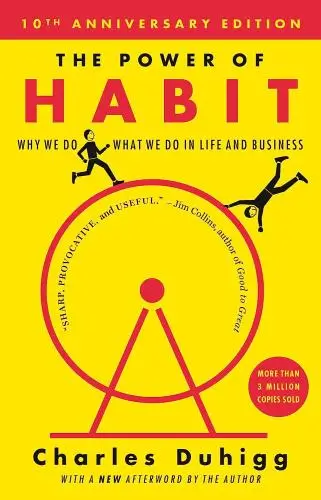
The Power of Habit
Charles Duhigg
Getting Things Done
David AllenTrending Summaries

Peak
Anders Ericsson
Never Split the Difference
Chris Voss
Smart Brevity
Jim VandeHei
The Psychology of Money
Morgan Housel
The First 90 Days
Michael D. Watkins
Atomic Habits
James Clear
Thinking, Fast and Slow
Daniel Kahneman
The Body Keeps the Score
Bessel van der Kolk M.D.
The Power of Regret
Daniel H. Pink
The Compound Effect
Darren Hardy
How to Win Friends & Influence People
Dale Carnegie
Eat That Frog!
Brian Tracy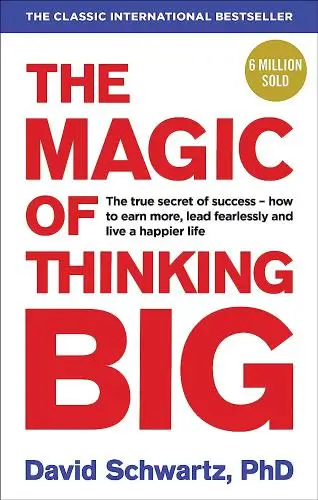
The Magic of Thinking Big
David J. Schwartz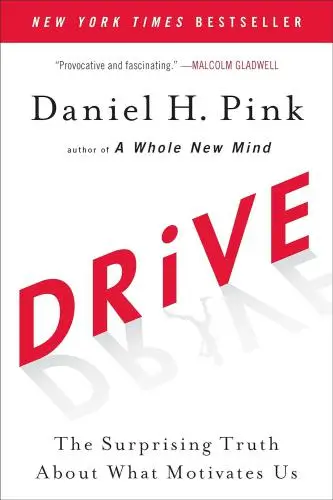
Drive
Daniel H. Pink
Essentialism
Greg McKeownNew Books

The Millionaire Fastlane
MJ DeMarco
Losing My Virginity
Richard Branson
Venture Deals
Brad Feld
48 Days to the Work You Love
Dan Miller
Anything You Want
Derek Sivers
Running Lean
Ash Maurya
Blitzscaling
Reid Hoffman
The Founder's Dilemmas
Noam Wasserman
Founders at Work
Jessica Livingston
The Startup Owner's Manual
Steve Blank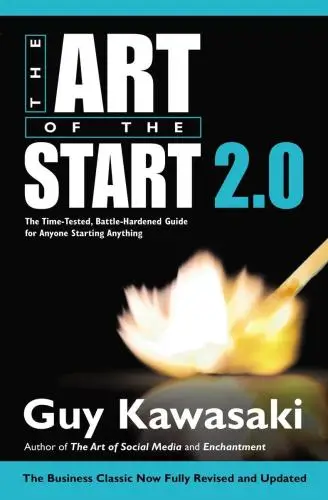
The Art of the Start 2.0
Guy Kawasaki
The Four Steps to the Epiphany
Steve Blank
Flash Boys
Michael Lewis
Crush It!
Gary Vaynerchuk
